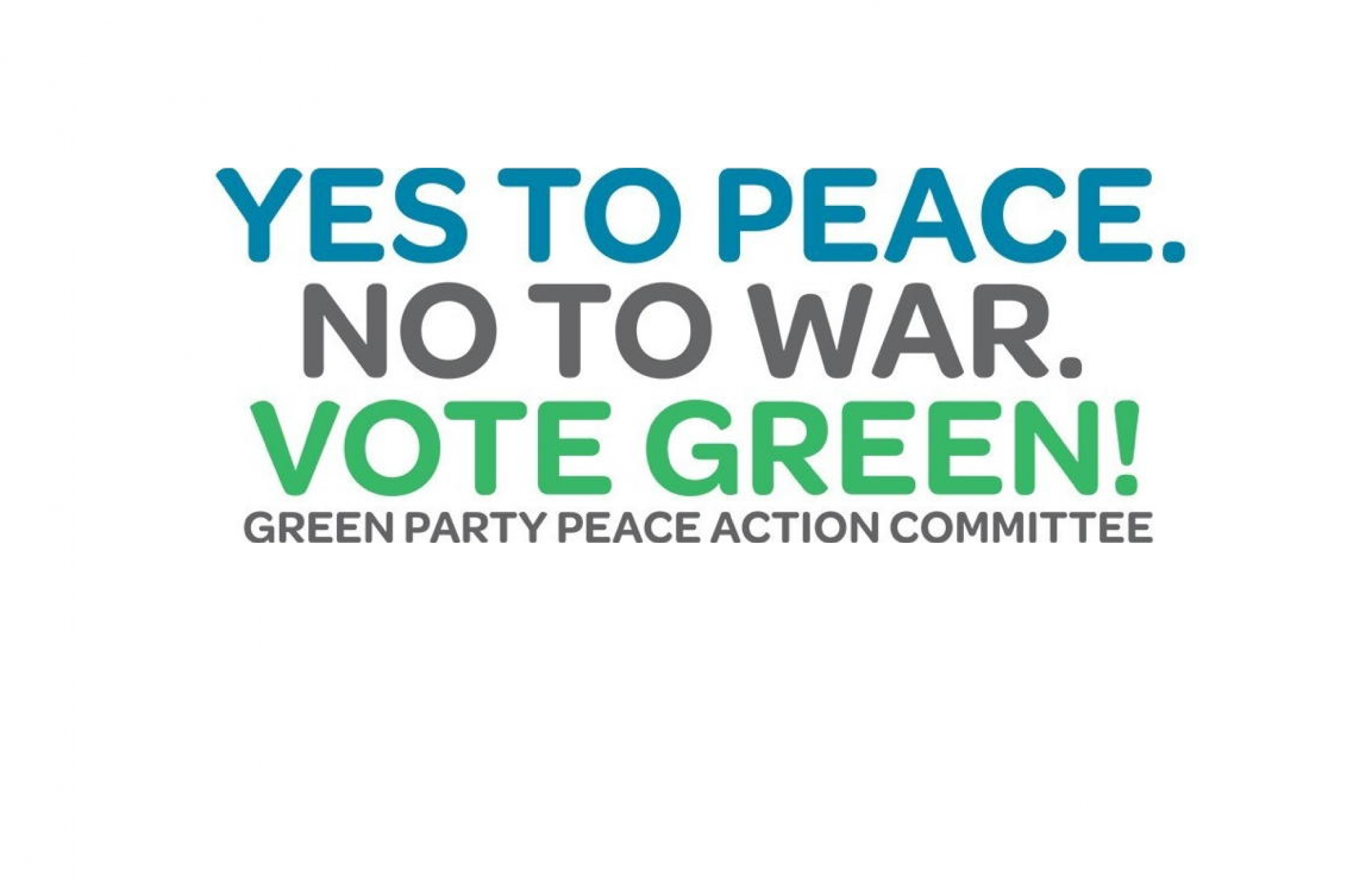The US and Israel together are creating an international emergency with the continued waging of the massacre (genocide) in Gaza, Palestine. The humanitarian situation in Gaza is already dire and the expected ground invasion of Rafah only makes the situation worse. Already, the IDF is bombing indiscriminately throughout Rafah. Palestinians are evacuating in droves, but have no safe place to go.
The Green Party US Peace Action Committee (GPAX) calls again for an immediate and permanent ceasefire, accompanied by a deal to release the hostages taken by Hamas, in exchange for release of Palestinians held in Israeli prisons. GPAX also calls for the declaration of a national and international EMERGENCY. More needs to be done to protect the population of Gaza and the West Bank and to end the indiscriminate bombing of civilians, end the siege and end the forced starvation of the Palestinian people.
The US claims not to want a wider war, but it’s hard to imagine that a ground invasion of Rafah wouldn’t result in one. In fact, the world has already seen the firepower of Iran and in Lebanon, Hezbollah. GPAX certainly opposes any escalation of the military action in Gaza and has consistently called for a ceasefire. A recent poll indicated that some 75% of the global population wants a ceasefire, as well. The US must show it cares more about the people living in the US and the safety and security of the rest of the world than supporting Israel’s agenda in Gaza.
In the last few weeks, Israel has not agreed to ceasefire proposals that have been placed on the table and that Hamas has supported. So tremendous pressure must be brought to bear on both the US and Israel to accept a ceasefire deal.
GPAX realizes that this massacre/genocide is not about Israel’s security but about acquiring more land and moving the Palestinians out of the Gaza Strip. This is a violation of international humanitarian law and a grave injustice to the Palestinian people.
It would further the ethnic cleansing begun by Israel with the Nakba in 1948 and bring it to a new stage. It would come at a tremendous human cost. Simultaneously, but with far less public attention, more and more Palestinians on the West Bank are being threatened, displaced and killed. The world now sees the violence that has been part of this settler colonialist project since the beginning.
The student uprisings are helping to draw parallels with the US pushing the indigenous in the US further and further west onto reservations, actions that bring shame today to many who reside in the US. It is time to end this genocide and put into place a plan for lasting peace.
This is the time to mobilize a larger and stronger peace movement, in solidarity with the thousands of students standing up for justice! The Green Party calls for party members and supporters to get involved in their local peace movement and to do as much as they can to help bring about the end of the WAR on GAZA. Many Greens already are putting much time and leadership into mobilizing the peace movement. The Green Party will make a major effort to work with other progressives and radicals in building the ongoing events and actions. Our main goal is to build a bigger and more massive peace movement.
GPAX urges the peace movement to unite and to call to an end, not only to the genocide in Gaza, but to end the war in Ukraine and to prevent war against China. There are too many places where people are facing forced starvation and on-going violence, including the Congo and Sudan and too many places like Haiti, Cuba, South and Central America, where US interference in politics is causing tremendous hardship for the people.
It is well past time for the world to rely on diplomacy and negotiations, instead of continued violence and war.
“Settler colonialism, as an institution or system, requires violence or the threat of violence to attain its goals. People do not hand over their land, resources, children and futures without a fight, and that fight is met with violence. In employing the force necessary to accomplish its expansionist goals, the colonizing regime institutionalizes violence. The notion that settler-indigenous conflict is an inevitable product of cultural differences and misunderstandings, or that violence was committed equally by the colonized and the colonizer, blurs the nature of the historical process.
Source: Roxanne Dunbar-Ortiz’s “An Indigenous People’s History of the United States.”
